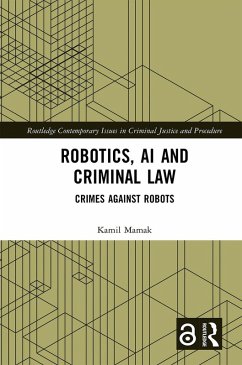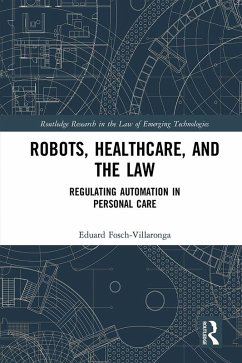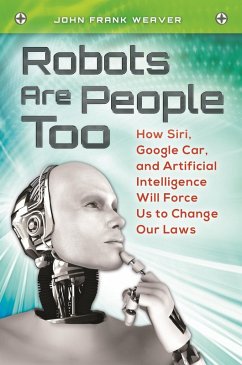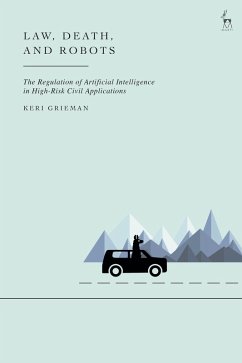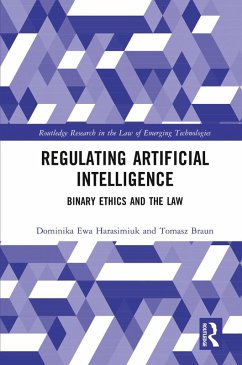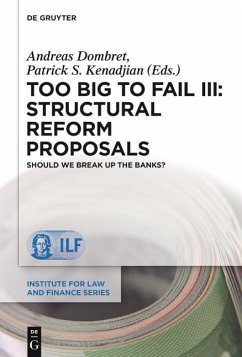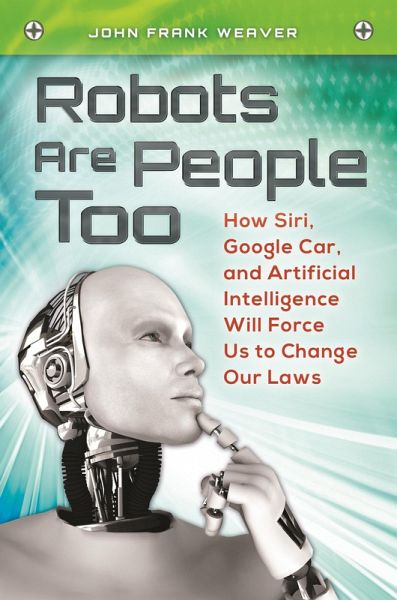
Robots Are People Too (eBook, ePUB)
How Siri, Google Car, and Artificial Intelligence Will Force Us to Change Our Laws
Versandkostenfrei!
Sofort per Download lieferbar
40,95 €
inkl. MwSt.
Weitere Ausgaben:

PAYBACK Punkte
20 °P sammeln!
The only book of its kind to look at how our legal system needs to change to accommodate a world in which machines, in addition to people, make decisions. For years, robots were solely a matter of science fiction. Today, artificial intelligence technologies serve to accelerate our already fast-paced lives even further. From Apple's Siri to the Google Car to GPS, machines and technologies that make decisions and take action without direct human supervision have become commonplace in our daily lives. As a result, laws must be amended to protect companies that produce robots and the people that b...
The only book of its kind to look at how our legal system needs to change to accommodate a world in which machines, in addition to people, make decisions. For years, robots were solely a matter of science fiction. Today, artificial intelligence technologies serve to accelerate our already fast-paced lives even further. From Apple's Siri to the Google Car to GPS, machines and technologies that make decisions and take action without direct human supervision have become commonplace in our daily lives. As a result, laws must be amended to protect companies that produce robots and the people that buy and use them. This book provides an extensive examination of how numerous legal areas-including liability, traffic, zoning, and international and constitutional law-must adapt to the widespread use of artificial intelligence in nearly every area of our society. The author scrutinizes the laws governing such fields as transportation, medicine, law enforcement, childcare, and real estate development.




